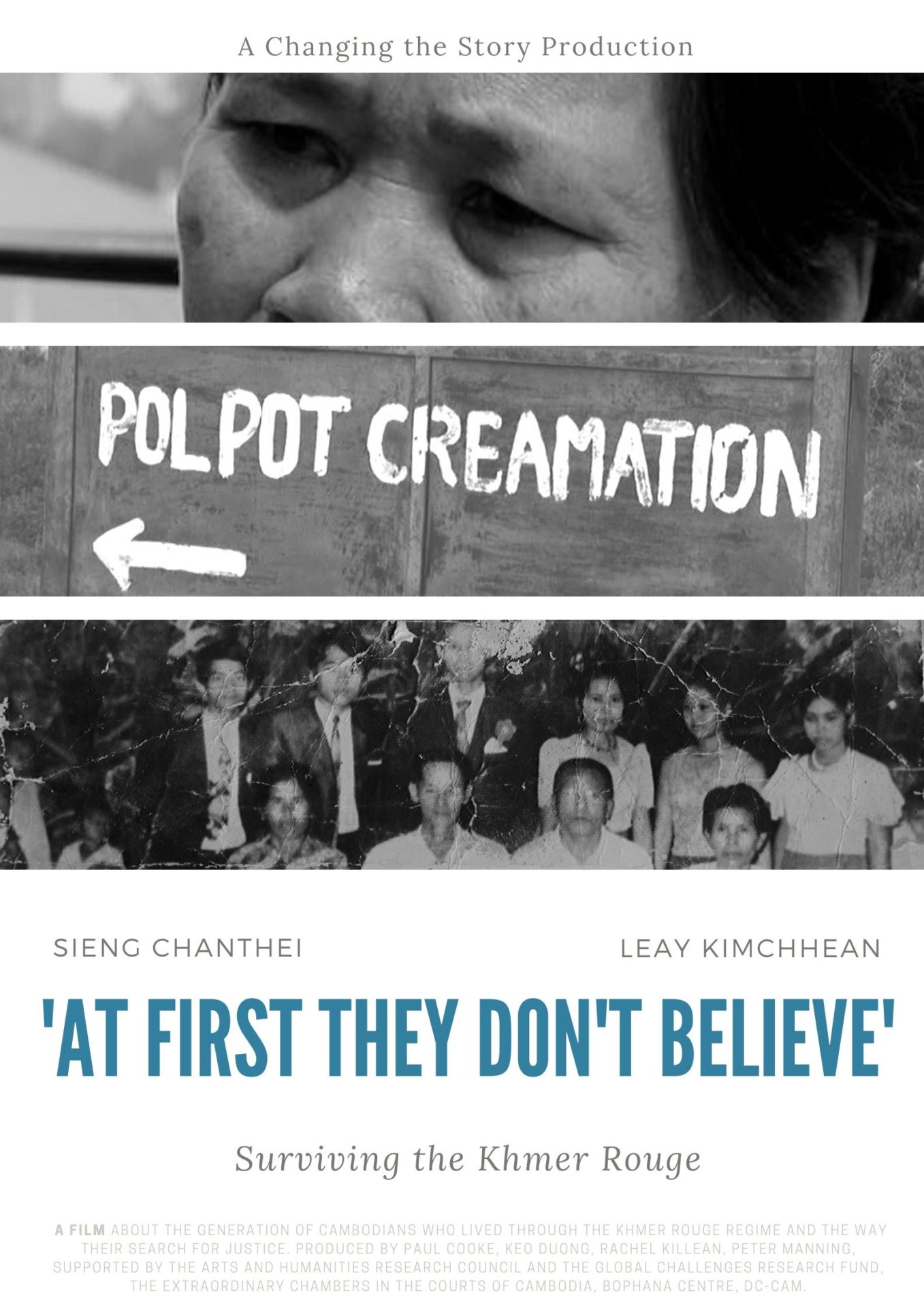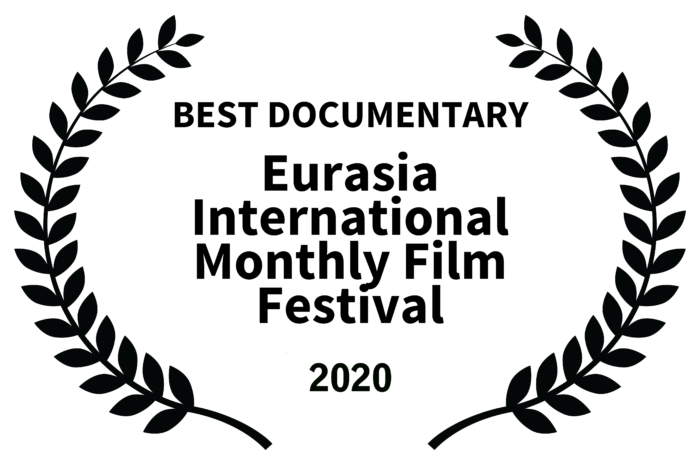'At first they don't believe'
The Khmer Rouge took control of Cambodia on April 17th 1975 in an attempt to establish a classless, agrarian, and ethnically ‘pure’ society. Urban areas were evacuated, with residents deported to rural cooperatives. Religion was prohibited, money was abolished, and policies of forced marriage were imposed. The Khmer Rouge treated ethnic minorities particularly harshly, with the Vietnamese, Cham Muslim and Khmer Krom communities facing severe persecution. As a result of the ‘revolution’, 1.7 million Cambodians perished from starvation and disease or were executed.
Today, over forty years later, Cambodia still faces challenges as it deals with the legacies of its past. While the establishment a tribunal – the Extraordinary Chambers in the Courts of Cambodia – has helped to acknowledge and offer forms of redress for these crimes, opportunities for public dialogue about the Khmer Rouge period are uneven. Young people in particular have little knowledge of the history of the Khmer Rouge and sometimes struggle to believe the stories of their parents and grandparents. Survivors, too, face challenges in talking about their experiences.

“At first they don’t believe” documents the stories and experiences of two women who survived the regime, Sieng Chantei and Leay Kimchhean, as they navigate and confront these challenges. The film highlights the different ways that they have made their experiences of the regime meaningful. Building on the work of Changing the Story in Cambodia, and by learning from and with the innovative work of Cambodian civil society organisations, the film illustrates the importance of young people learning about and acknowledging the stories of survivors.
Watch the trailer for 'At First They Don't Believe:'


